The Korean War, 70 years Ago, The Times
Korean War Weekly Front Pages
15 April – 21 April 1951
The Times, Chester PA
MacArthur takes America by storm.
*****
UN forces launched a general attack in western and central Korea on Tuesday, scoring big gains behind two tank-infantry killer columns running interference. The Chinese communists fled north ahead of the advancing Allied infantrymen all along the front except for the western end of the vital Hwachon Reservoir. One officer said he believed the Reds were withdrawing to another defensive line closer to Chorwan, a big communist base 17 miles north of the 38th Parallel. At Hwachon, the Reds withdrew only to positions north and east of the dam. From there they poured rifle and machinegun fire into two Allied patrols attempting to reach the dam. Both patrols were driven back, but by Thursday Hwachon and the reservoir had fallen to the Allies.
Midweek powerful UN tank columns thrust deep into North Korea in the wake of a general enemy withdrawal. Armored task forces lunged toward the enemy bastions of Chorwon and Kumhwa on a 65-mile front, daring the Reds to come out and fight, which they didn’t. Early front reports indicated that one tank-tipped spearhead stabbed to a point 16 miles north of the Parallel. Late in the week retreating Reds had turned and fought on the approaches to the twin bastions but it was seen as only a delaying action. Elsewhere across the peninsula the Reds outdistanced their pursuers in a general retreat deeper into North Korea
Air officers in North Korea were becoming more convinced that American pilots were battling Russian pilots in the skies over northwest Korea, but their reasons were unpublishable. Since the first Russian-made jets crossed the Manchurian frontier last November, the nationality of their pilots had been a mystery.
General MacArthur landed in Honolulu Monday amid a glare of floodlights and music, on his way home to state his case to the American people. He had no immediate comment about his removal as supreme commander. On Tuesday huge throngs of crowds in San Francisco gathered in a tremendous ovation. The next day he awoke to more crowds outside his hotel as he worked on speech he would give to a joint session of Congress on Thursday.
MacArthur’s address to Congress was met with adulation from the joint session, which was interrupted many times by cheering and clapping. He said that to surrender to the Reds in Asia would open the gates to communism in Europe, and those who consider American strength inadequate to meet the Red threat in both quarters were guilty of defeatism. He added that American domination of the Pacific Ocean acted as a protective shield for all of the Americas and all key lands of the Pacific area, and the US could dominate every Asiatic port from Vladivostok to Singapore and prevent any hostile move there. “The dignity of equality and not the shame of subjugation” should be the lot of Asians, he said. The address emptied streets in US cities as many thousands were glued to their television sets and radios.
On Friday the general was greeted in New York City by seven and a half million people in a ticker tape parade through the city and up lower Broadway to city hall, winding through crowds jammed from curbs to walls along every street. Overhead, paper showered down in an incredible downpour, not only along the parade route, but everywhere in the city. In places the paper fell so heavily that it covered the sidewalks in layers. General MacArthur, riding in an open car, waved and smiled as the motorcade threaded through the massive crowds.
Representative Albert Gore, Tennessee Democrat, said that a technique had been developed to spread deadly poisonous radiation on the ground and urged that it be used to “dehumanize” a strip of land across Korea. He said the inhabitants should be removed first and the communists warned in advance that entry into the area would mean “certain death and slow deformity,” and that all weapons, food, vehicles and clothing would become poisoned. His proposal was made in a letter to President Truman.
General Omar Bradley, Chairman of the Joint Chiefs of Staff, warned that any act to enlarge the war in Korea might plunge the nation into World War III. In apparent answer to the views of General MacArthur and congressional Republicans, Bradley counseled against rashly serving an ultimatum on the communist enemy or suggesting the threat of bombardment of the Chinese mainland. There had also been a charge by MacArthur that the joint chiefs had shared his military judgement about limited war with China. Defense Secretary Marshall silenced his officers on the matter as Democratic Party leaders stalled for time before investigating.
The Army slashed its May draft call from 60,000 to 40,000 men and announced that all enlisted men from the inactive reserve who were called to duty in Korea were to be released by the end of the year. This was made possible by an increase in enlistments and a reduction in casualties in Korea.
(Photo courtesy newspapers.com, Chester Times)
